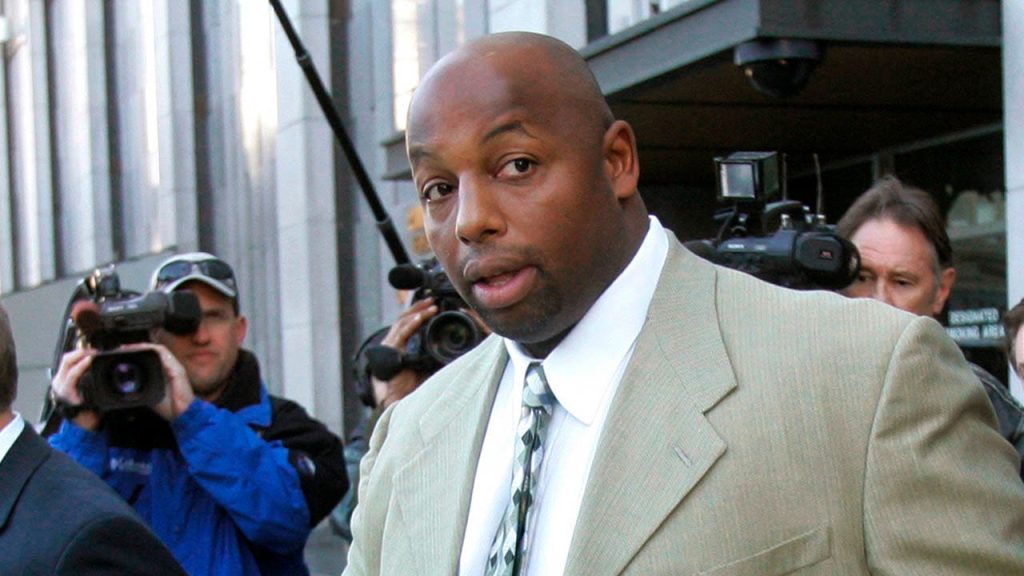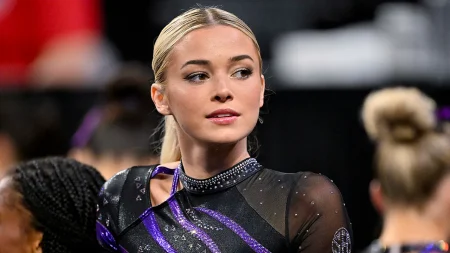Paragraph 1: The Overturned Conviction and the Racial Justice Act
Dana Stubblefield, a former NFL star, saw his rape conviction overturned by the Sixth Court of Appeals in Los Angeles. This decision stemmed from the court’s determination that prosecutors had violated the California Racial Justice Act of 2020 during Stubblefield’s trial. This act, enacted in response to the national outcry over racial injustice following George Floyd’s murder, prohibits the use of race as a basis for criminal convictions or sentencing. Stubblefield, who is Black, had been sentenced to 15 years to life in prison in 2020 for the alleged rape of a developmentally disabled woman in 2015. The appeals court concluded that the prosecution’s use of "racially discriminatory language" necessitated the overturning of the conviction.
Paragraph 2: The Allegations and the Initial Trial
The case originated with allegations that Stubblefield had lured the woman to his home under the pretense of a babysitting job interview. According to a police report, the interview lasted about 20 minutes, after which Stubblefield allegedly texted the woman, offering payment for her time. Upon her return to his house, the woman claimed she was raped at gunpoint, given $80, and then released. DNA evidence reportedly linked Stubblefield to the woman. The defense, however, vehemently denied the rape allegations, asserting that the sexual encounter was consensual and initiated by the woman in exchange for money.
Paragraph 3: The Prosecution’s Contentious Argument and Its Implications
The crux of the appeals court’s decision revolved around the prosecution’s argument regarding the absence of a gun or a search of Stubblefield’s house. The prosecution contended that the police had refrained from these actions specifically because Stubblefield was a famous Black man, fearing that such measures would incite controversy. The appeals court interpreted this argument as implying that if Stubblefield were not Black, the police would have searched his house and likely not found a gun, thereby undermining the woman’s allegation of being raped at gunpoint.
Paragraph 4: The Appeals Court’s Rationale and the Violation of the Racial Justice Act
The appeals court argued that by attributing the police’s actions to Stubblefield’s race, the prosecution essentially used his race as a factor in securing his conviction. This, the court determined, constituted a violation of the Racial Justice Act, as it introduced racial bias into the legal proceedings. The court emphasized that the prosecution’s argument effectively suggested that the absence of a gun and the lack of a house search were a result of preferential treatment afforded to Stubblefield due to his race and celebrity status, thereby reinforcing harmful racial stereotypes.
Paragraph 5: The Aftermath and Potential Next Steps
Following the appeals court’s decision, Stubblefield, who had been incarcerated since his conviction, awaited a hearing where his attorneys planned to file a motion for his release. The prosecution had the option to request a stay of the appeals court decision, potentially appealing to the state Supreme Court. Alternatively, they could choose to refile charges against Stubblefield. This legal battle underscored the complexities of applying the newly enacted Racial Justice Act and highlighted the significant implications of racial considerations in legal proceedings.
Paragraph 6: Stubblefield’s NFL Career and the Broader Context
Dana Stubblefield had a distinguished career in the NFL, spanning 11 seasons. He played for the San Francisco 49ers, Washington Redskins, and Oakland Raiders, earning accolades such as a Super Bowl championship and three Pro Bowl selections. The overturning of his conviction brought into sharp focus the intersection of race, celebrity, and the criminal justice system, prompting broader discussions about the application of the Racial Justice Act and its potential impact on future cases involving allegations of racial bias. This case served as a high-profile example of the ongoing efforts to address racial disparities within the legal system, highlighting the challenges and complexities involved in ensuring equal justice for all.










